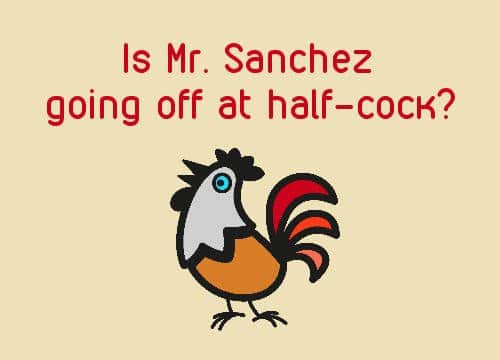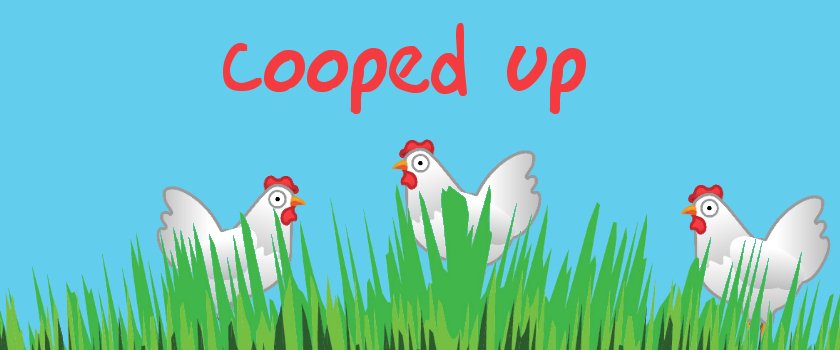
I posit that….
When someone “posits” that person is putting forward an opinion or an argument that he believes to be true. Scientists posit many ideas or hypotheses
Si quisiera mejorar o aprender inglés, este blog podría ser su ayudante.
Cada semana algo nuevo se publica. Si quisiera recibir una notificación de un tema nuevo por correo electrónico solo tiene que suscribirse a nuestro blog desde el formulario del final de la página. Ir al formulario.
Su correo electrónico sería guardado de manera confidencial para que ninguna otra persona pueda usarlo.
El blog será en inglés, y únicamente damos explicaciones mínimas (en español) para aclarar algo, para traducir algo que podría ser difícil, o para acelerar su entendimiento.
El autor es Aimee, directora y una especialista en educación hablante nativa.

When someone “posits” that person is putting forward an opinion or an argument that he believes to be true. Scientists posit many ideas or hypotheses

“Cock” (gallo) you may know. You probably have a “cockstop” (llave de paso) in your kitchen and bathroom. Guns also have a “cock” (martillo). Examine

Feather (pluma) you may know. Here our focus is on idioms (modismos) that use feather. When a mortal asks you how you are, you could

“Axe” (hacha) you may know. Here the focus is on idioms (modismos) that use “axe”. Consider these: • Some people have been given the axe.

«Cheese» (queso) you may know. Here the focus is on expressions that use “cheese”. Examine these: • I am cheesed off with the government´s policy.

How often have you heard this phrase: “it is me”. Many times even by (incluso por) native English speakers. The “it is me” is wrong.

“Fence” (valla, cerca) you may know. An area can be fenced (zona cercada o vallada). “Fencing” is also a sport (esgrima). One can also “fence

“Ostrich” (avestruz) you may know. It is a bird that has long legs, cannot fly, but can run very fast. Here our focus is on

A “coop” (gallinero) is a place where chickens are sometimes kept. Another word for the same is “henhouse”. Sometimes, chickens “fly the coop”, that is,

Banana (plátano) is a word you will know. The word is also part of some interesting expressions. Consider these: • Sometimes people “go bananas”. This

You may know “Chin-Chin” (¡chin-chin!). It is used when you would like to toast (to toast = brindar a alguien) someone or some mortals. So,

The name “Ken” you may know. It is a shorter versión of the name Kenneth. However, “ken” has other uses. “Ken” is a noun and

Esta web utiliza cookies para que podamos ofrecerte la mejor experiencia de usuario posible. La información de las cookies se almacena en tu navegador y realiza funciones tales como reconocerte cuando vuelves a nuestra web o ayudar a nuestro equipo a comprender qué secciones de la web encuentras más interesantes y útiles.
Las cookies estrictamente necesarias tiene que activarse siempre para que podamos guardar tus preferencias de ajustes de cookies.
Si desactivas esta cookie no podremos guardar tus preferencias. Esto significa que cada vez que visites esta web tendrás que activar o desactivar las cookies de nuevo.